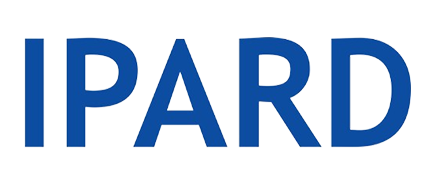The LEADER measure (Liaison Entre Actions de Développement de l’Economie Rurale– Links between the rural economy and development actions) is an IPARD measure realised through the implementation of local development strategies, prepared and implemented by the local action groups.
Local development strategy (LDS) is a planning document prepared for a specific territory by a local action group (LAG), for the IPARD programming period and approved by the IPARD Agency.
LAG status is obtained by an association within a certain territory in Republic of Serbia,that includes rural areas, whose founders or members are domestic and foreign, natural and legal persons and local self-government units and is registered in accordance with the regulations regarding the legal position of the association. The association must have specific governing bodies – an assembly, a board of directors and a representative, whose mandatory goals are prescribed by the Law on Agriculture and Rural Development, and have an approved LDS.
LAG area must be coherent and have sufficient critical mass in terms of human, financial and economic resources. In addition, the LAG area must have more than 10,000 inhabitants and no more than 150,000 inhabitants, which includes settlements with population of less than 25,000 inhabitants. The same area cannot belong to more than one LAG, which means that one partnership can have one strategy and one territory.
LAGs should consist of a group that represents partners from different socio-economic sectors in a certain territory, namely: civil, economic and public sectors.
LAGs will be selected on the basis of a Public Call that will be announced for all rural areas, in order to ensure competition between LAGs. The procedure for selecting LAGs consists of two stages, namely: LAGs eligibility check by the IPARD Agency and LDS assessment of eligible LAGs according to the selection criteria by the Evaluation Committee.
Measure 5 – Implementation of local development strategies – LEADER approach will include the following activities related to the topics from LDS, namely:
1) “Acquisition of skills, animating the inhabitants of the LAG territories” for capacity building and animation of selected LAGs,
2) “Running costs” – for the functioning of selected LAGs,
3) Implementation of “small projects” and
4) “Cooperation projects” for inter-territorial or transnational projects (this activity will be eligible in a later stage of the implementation of the IPARD III Programme).
